- Debates
Features
Topics
Upcoming debates
-
-
-
1 in 3 adults in the United States have a criminal record, which offers significant challenges to these individuals, including reentering the job market after incarceration. Over the years, there’s been a push for “Ban the Box” policies that call for removing questions asking about criminal history on job applications to give former offenders a fair chance by delaying background checks until later in the hiring process. Those who are against early screening argue that former offenders shouldn’t continue to be punished by the system, especially when it disproportionally affects minorities. It also prevents applicants from contributing and reintegrating into society and reducing dependency on social services. Those who disagree and say that screening a job applicant’s criminal history is important, argue that employers have a responsibility to ensure the safety of their business, employees, and customers and make informed hiring decisions. Without early screening, some recent studies show that employers might unconsciously resort to biased assumptions or stereotypes when evaluating candidates. With this context, we debate Ban the Box: Should We Banish the Criminal History Check Box from Job Applications?Friday, April 19, 2024
-
- Insights
- About
-

SUPPORT OPEN-MINDED DEBATE
Help us bring debate to communities and classrooms across the nation.
Donate
- Header Bottom







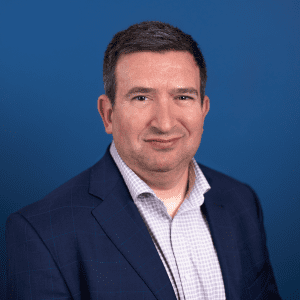
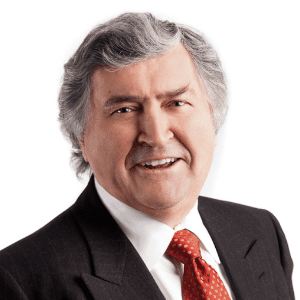
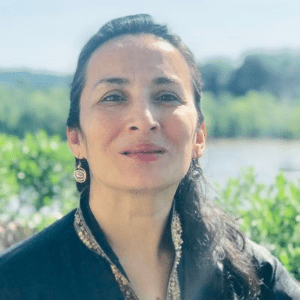
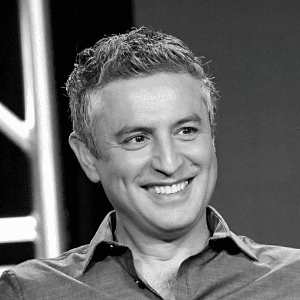
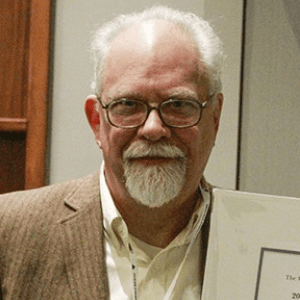
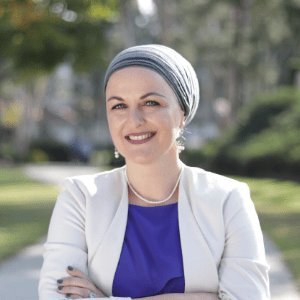







JOIN THE CONVERSATION